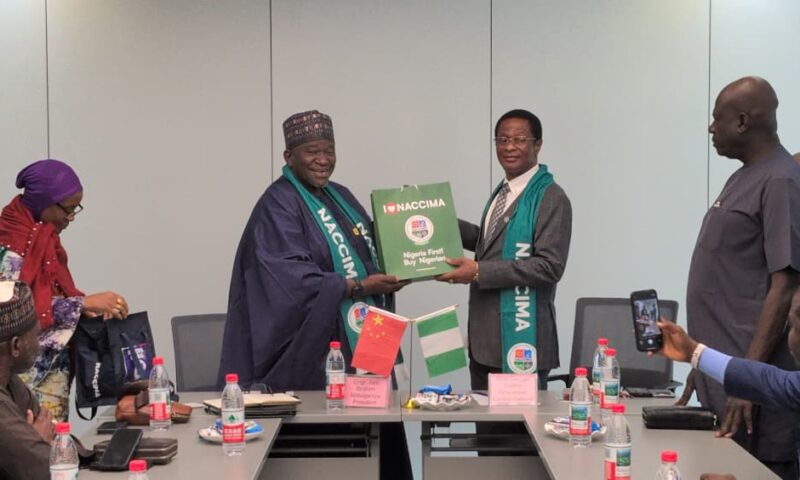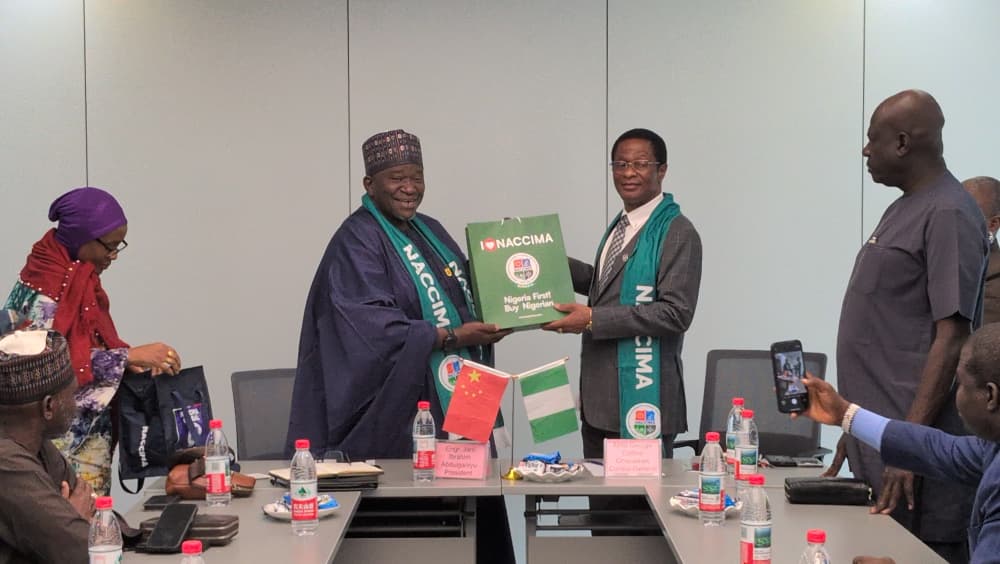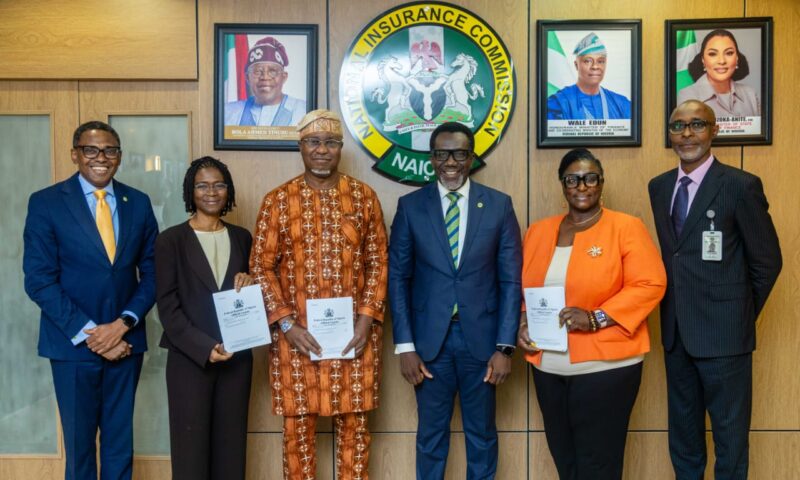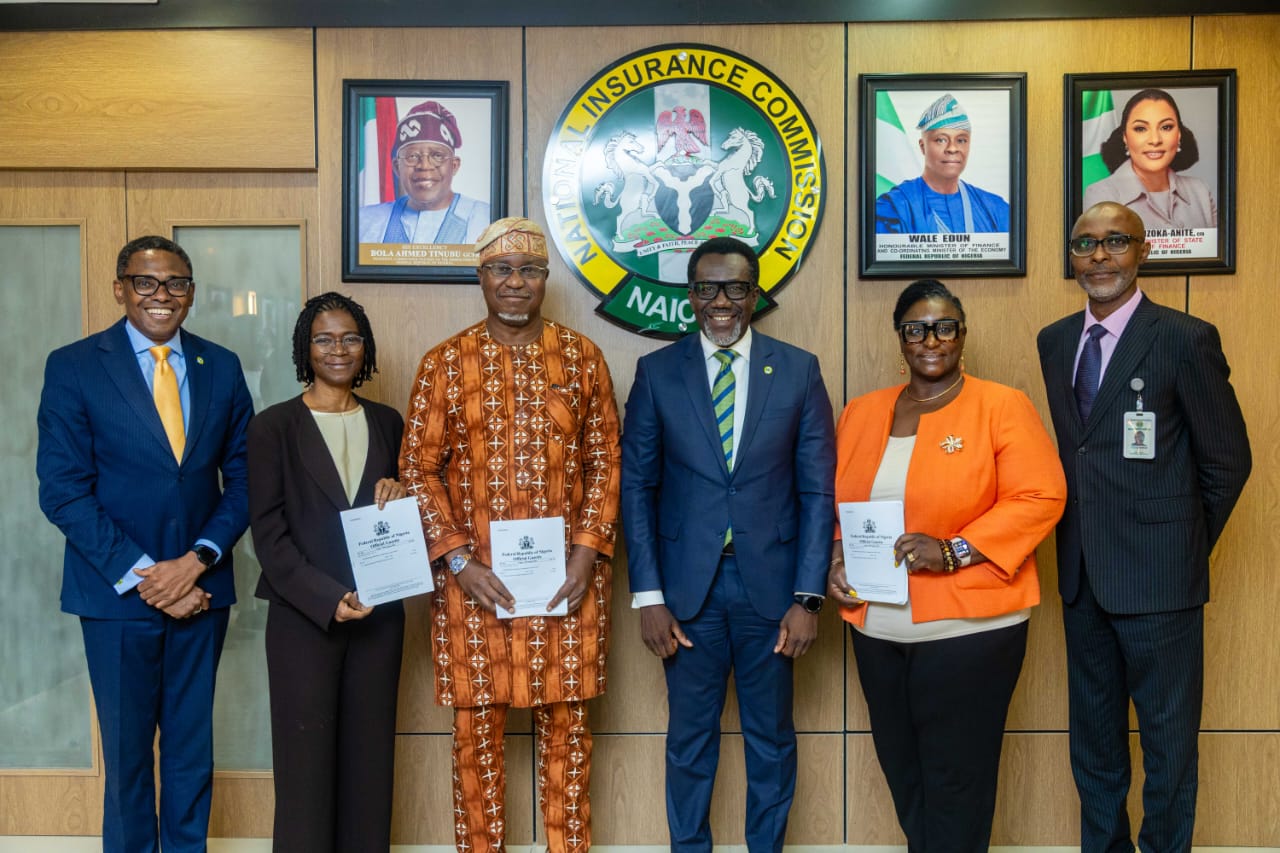AICIF 2025: Nigeria’s Non-Interest Capital Market Now Worth N1.6trn – SEC DG
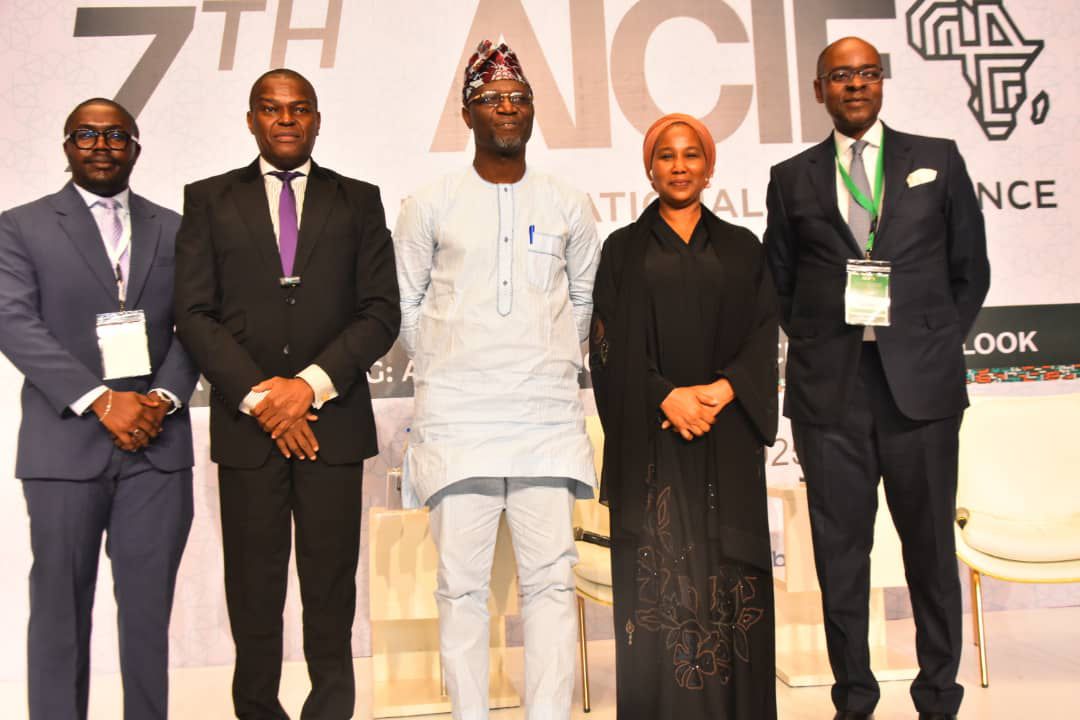
The Director-General of the Securities and Exchange Commission (SEC), Dr. Emomotimi Agama, has disclosed that Nigeria’s non-interest capital market has grown to a valuation of over N1.6 trillion, underscoring its expanding role in deepening financial inclusion and supporting infrastructure development.
Speaking at the 7th African International Conference on Islamic Finance (AICIF) 2025, held in Lagos, Dr. Agama said the growth reflects investors’ confidence and the success of the Commission’s regulatory reforms under the Investments and Securities Act (ISA) 2025.
He stated: “The remarkable growth of the non-interest segment in Nigeria — a market now valued at over ₦1.6 trillion — is clear evidence that when there is an enabling regulatory environment, the market responds with vigour”.
He noted that Nigeria’s sovereign Sukuk programme has raised over ₦1.4 trillion through seven issuances since 2017, financing the construction and rehabilitation of 124 critical roads covering more than 5,820 kilometres across the country.
Agama added that the recent approval of a $500 million international Sukuk would mark the next phase of Nigeria’s effort to attract ethical financing for infrastructure and economic growth.
He emphasized that the rapid growth of Islamic finance across the continent shows Africa’s readiness to embrace non-interest instruments as a mainstream funding source.
He cited examples from Egypt, Kenya, Tanzania, Senegal, and Ghana, which are strengthening legal and policy frameworks to attract Shariah-compliant investments.
Dr. Agama commended Metropolitan Skills for its role in advancing Islamic finance and said resolutions from the conference would feed into the Second Nigerian Capital Market Masterplan (2026–2035), as the first plan concludes this year.
He urged stakeholders to continue using Islamic finance as a tool for ethical investment, financial inclusion, and infrastructure renewal, stressing that “prosperity without inclusion is not sustainable.”
In her address, the Conference Chair, Ms. Ummahani Ahmad Amin, said while Islamic finance had made remarkable progress in Nigeria and across Africa, the continent was yet to fully harness its potential as a reliable source of catalytic capital to bridge its annual infrastructure financing gap estimated at $130 billion to $170 billion.
She noted that although global Islamic financial assets grew by 14.9% year-on-year to $3.88 trillion in 2024, Africa’s share remains marginal due to barriers such as underdeveloped market infrastructure, limited liquidity, and low investor education.
“To enable Sukuk and other Islamic financial instruments serve as effective drivers of financial intermediation and macro-financial stability, we must first address the barriers that continue to constrain their growth,” Amin said.
She also noted the role of Artificial Intelligence (AI) in reshaping ethical finance, automating compliance, and expanding financial access, but warned that the technology must be guided by ethical guardrails to sustain trust.
Ms. Amin stressed that collaboration and knowledge-sharing were key to unlocking Africa’s inclusive prosperity, noting that this year’s AICIF theme — “Africa Emerging: A Prosperous and Inclusive Outlook” — reflects optimism about the continent’s ability to drive sustainable and inclusive development.
As part of its commitment to youth empowerment, she announced that the conference, in partnership with the SEC, hosted a pitch competition to support promising startups.
ZannyTecture Recycling Company Limited won in the Social Impact category for turning discarded tyres and PET bottles into eco-friendly products, while BetaLife Health clinched first place in the Technology category with its AI-driven blood supply optimization platform.
Amin also unveiled The Metropolitan Waqf, an initiative aimed at providing access to education for marginalized communities in Nigeria, particularly in areas affected by conflict.



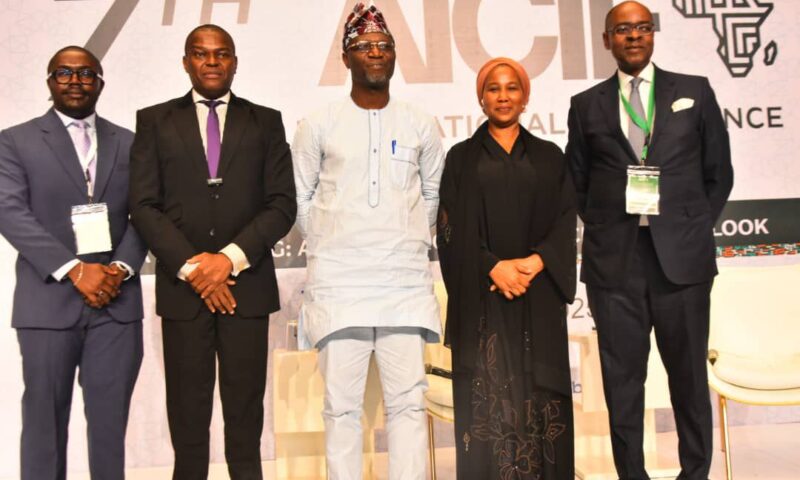
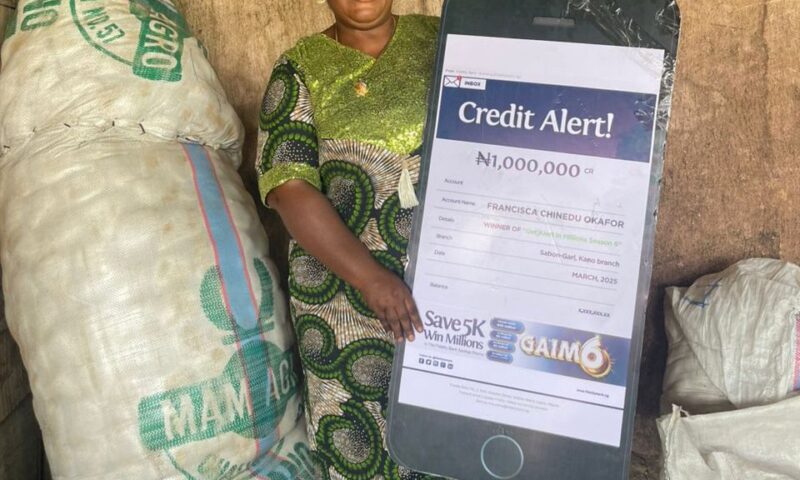
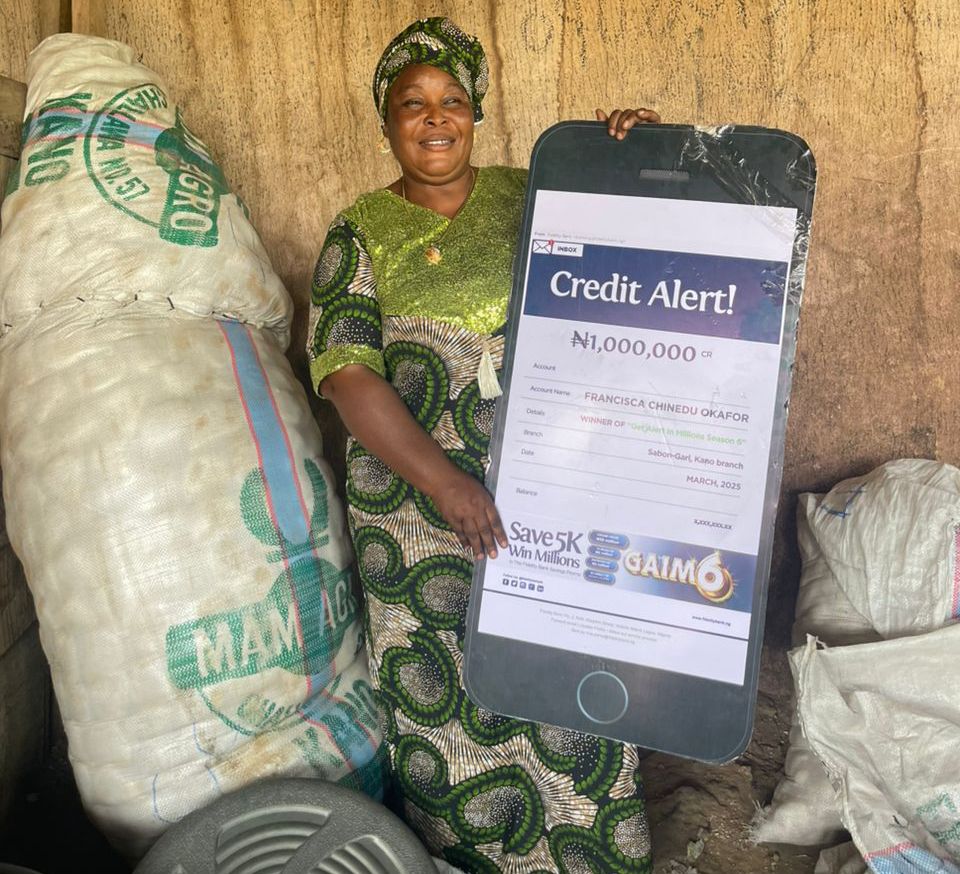
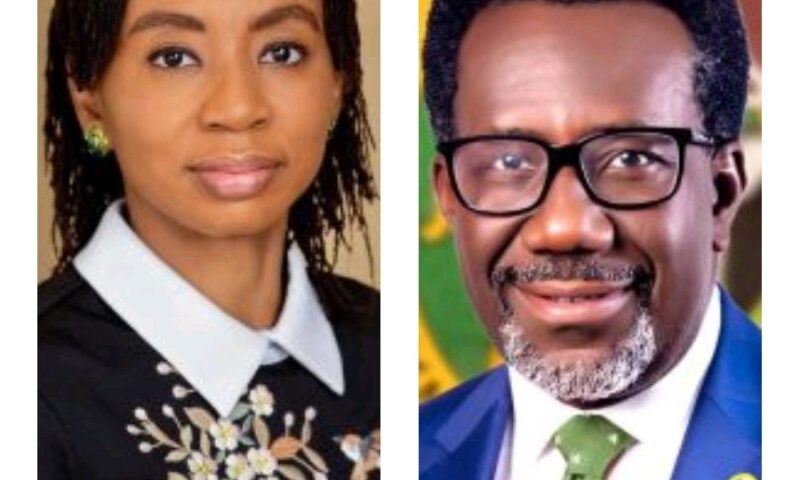
 The National Pension Commission (PenCom) and the National Insurance Commission (NAICOM) have directed insurance companies and their vendors to fully comply with Nigeria’s pension and insurance laws.
The National Pension Commission (PenCom) and the National Insurance Commission (NAICOM) have directed insurance companies and their vendors to fully comply with Nigeria’s pension and insurance laws.